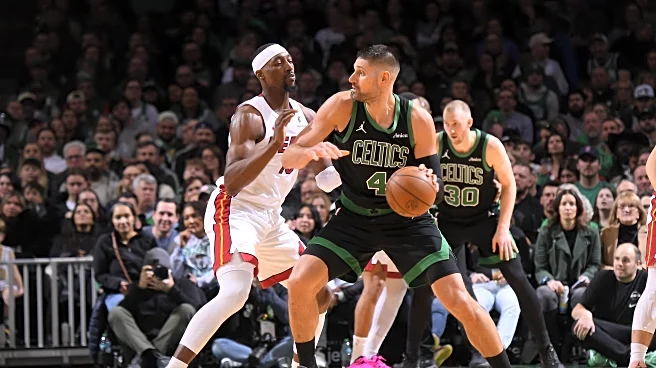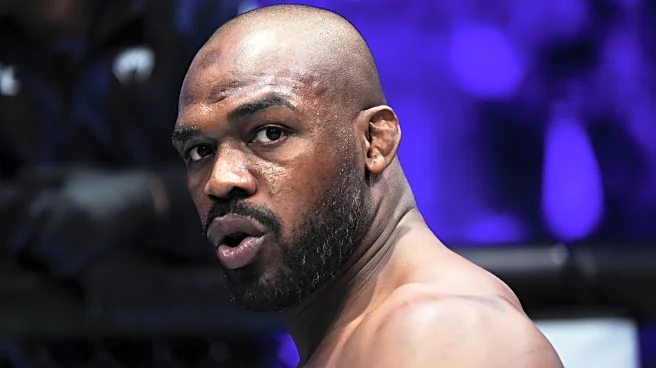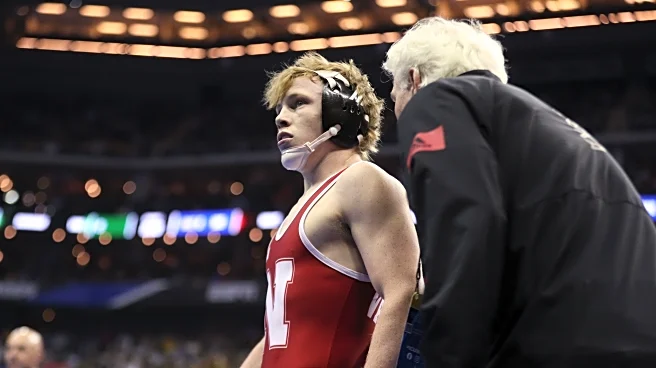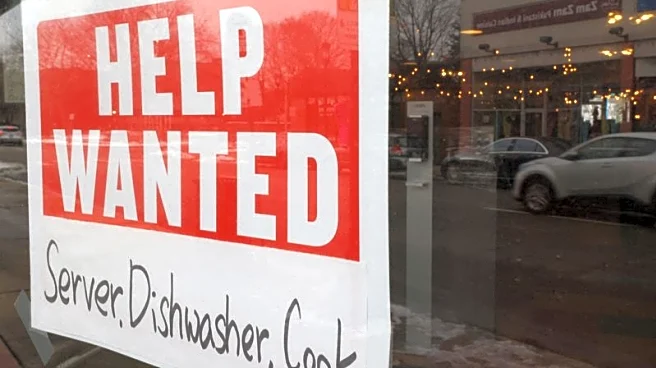By Gabriel Araujo, David Shepardson and Lisandra Paraguassu
SAO PAULO/WASHINGTON/BRASILIA (Reuters) -Embraer dodged a bullet on Wednesday when U.S. President Donald Trump excluded aircraft from the steeper
tariffs he imposed on many Brazilian goods, sparing the planemaker from a potential pandemic-like hit to its revenue.
Embraer and its U.S. partners had argued that the 50% tariffs threatened by Trump earlier in July would cause disruptions to deliveries and local businesses, and that the Brazilian firm's jets are essential to regional flights in the United States.
U.S. airlines privately urged the Trump administration to exempt Brazilian aviation exports from the higher tariffs, four airline industry officials told Reuters. Regional carriers Envoy Air, Piedmont Airlines and Republic Airways wrote to the Commerce Department raising concerns.
Meanwhile, Embraer CEO Francisco Gomes Neto rushed to meet with several senior Trump administration officials. Those included Commerce Secretary Howard Lutnick and Treasury Secretary Scott Bessent, he told newspaper Valor Economico.
The main arguments were simple: Embraer employs thousands of people in the U.S., and airlines in the world's largest aviation market have no clear substitute for its E175 jetliner.
The plane is the only jet currently being produced that meets the scope clause in labor contracts restricting planes heavier than 86,000 pounds and with more than 76 seats from being flown on regional routes.
Embraer has about 200 pending E175 deliveries to U.S. carriers, including American Airlines Group, SkyWest, Alaska Air Group and Republic. U.S. clients also buy 70% of its executive jets.
SkyWest warned in a call with analysts last week that it was not willing to pay a 50% tariff on new aircraft deliveries and planned to work with Embraer and other partners to delay them until the situation was resolved.
Alaska also said it could consider deferring deliveries.
After relief came on Wednesday, analysts labeled Embraer the main beneficiary of Trump's exemptions, a decision that pushed its Sao Paulo-traded shares up more than 20% from their Wednesday lows.
"Given this news, we expect Embraer shares to reach new all-time highs," JPMorgan said in a note to clients.
US TIES
Gomes Neto said earlier this month that if they went ahead, the tariffs' impact on the company could be similar to that of the COVID-19 crisis, when Embraer's revenues fell 30% and it reduced its workforce by around 20%.
The planemaker was the biggest concern of the Brazilian government as Trump threatened the levies. A source familiar with the matter told Reuters ahead of this week's announcement that government officials had asked Washington to exclude Embraer's aircraft from the 50% tariff.
Embraer sought to convince the Trump administration that a reprieve would also be beneficial to the United States. The company stressed that it has roughly 3,000 employees and final assembly lines for executive jets in the country, its No. 1 market.
A large portion of the parts Embraer uses on its aircraft comes from the U.S., including General Electric engines. The company estimated earlier this month that between this year and 2030 it may purchase $21 billion worth of U.S. products.
Embraer in a statement on Wednesday cheered Trump's decision, saying the move confirmed the positive impact and strategic importance of its activities for the Brazilian and U.S. economies.
It will, however, remain subject to the wider 10% duty imposed on Brazilian products in April. The firm indicated that tariff was harmful, but manageable, and has pledged to keep advocating for a return to a zero-tariff policy.
SkyWest noted that the actual levies on the E175 would be between a third and a half of that 10%, because of the jetliner's U.S. components.
American Airlines, a major client, last week expressed optimism that the situation would be resolved. CFO Devon May told Reuters in an interview last week that a 50% tariff rate did not make sense.
"I think the administration understands the importance of Embraer to the North American carriers and to our economy, so hopefully we get to a better spot there," he said.
"We've made sure that the administration and Embraer know our interest," CEO Robert Isom told a call with analysts.
(Reporting by Gabriel Araujo in Sao Paulo, David Shepardson in Washington, Lisandra Paraguassu in Brasilia, Tim Hepher in Paris, and Rajesh Kumar Singh in Chicago; editing by Manuela Andreoni and Rosalba O'Brien)












